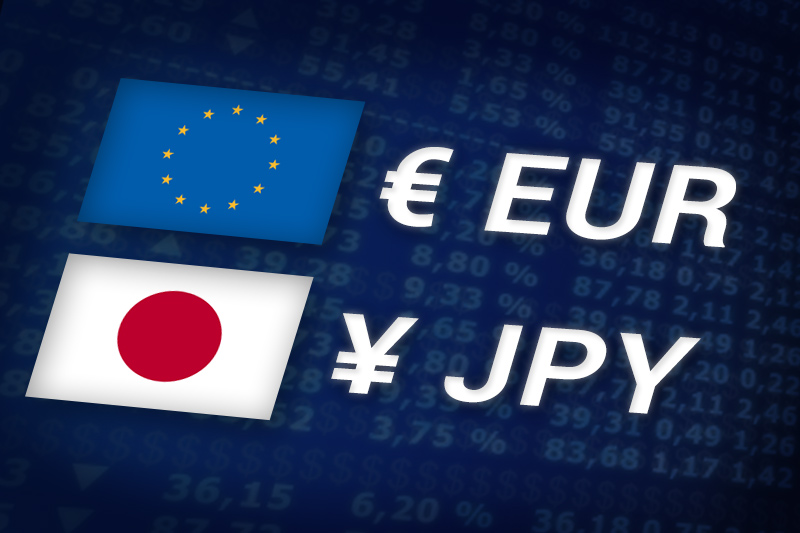Investing.com - The euro was steady against the traditional safe haven yen on Monday, staying supported above Friday’s eleven-and-a-half year low after Japanese authorities signaled that they are ready to act to stem the appreciation of the yen.
EUR/JPY hit 96.77 during European morning trade, the session low; the pair subsequently consolidated at 97.05, inching up 0.05%.
The pair was likely to find support at 95.58, Friday’s low and the pair’s lowest since December 2000 and near-term resistance at 98.01, last Thursday’s high.
Investor sentiment remained weak after official data on Friday showed that the U.S. economy added just 69,000 jobs in May, far below expectations for a gain of 150,000, while the unemployment rate ticked up to 8.2% from 8.1%.
The grim data added to concerns over the impact of the euro zone crisis on global growth and fuelled speculation over the prospect of a third round of quantitative easing from the U.S. central bank.
Meanwhile, fears that Spain’s high borrowing costs could force Madrid to seek outside financial aid to shore up its weakening banking sector bolstered safe haven demand.
Earlier Monday, the governor of the Bank of Japan said the central bank was closely monitoring the impact of the yen’s recent gains on the country’s largely export driven economy.
The comments came after the BoJ conducted a rate check on Friday, indicating that it is still prepared to intervene in currency markets to halt the yen’s gains.
The euro was weaker against the U.S. dollar and the pound, with EUR/USD dipping 0.03% to trade close to a two-year low at 1.2430 and EUR/GBP slipping 0.16% to hit 0.8080.
Trade volumes were expected to remain light on Monday, as markets in the U.K. were to remain closed for a national holiday.
EUR/JPY hit 96.77 during European morning trade, the session low; the pair subsequently consolidated at 97.05, inching up 0.05%.
The pair was likely to find support at 95.58, Friday’s low and the pair’s lowest since December 2000 and near-term resistance at 98.01, last Thursday’s high.
Investor sentiment remained weak after official data on Friday showed that the U.S. economy added just 69,000 jobs in May, far below expectations for a gain of 150,000, while the unemployment rate ticked up to 8.2% from 8.1%.
The grim data added to concerns over the impact of the euro zone crisis on global growth and fuelled speculation over the prospect of a third round of quantitative easing from the U.S. central bank.
Meanwhile, fears that Spain’s high borrowing costs could force Madrid to seek outside financial aid to shore up its weakening banking sector bolstered safe haven demand.
Earlier Monday, the governor of the Bank of Japan said the central bank was closely monitoring the impact of the yen’s recent gains on the country’s largely export driven economy.
The comments came after the BoJ conducted a rate check on Friday, indicating that it is still prepared to intervene in currency markets to halt the yen’s gains.
The euro was weaker against the U.S. dollar and the pound, with EUR/USD dipping 0.03% to trade close to a two-year low at 1.2430 and EUR/GBP slipping 0.16% to hit 0.8080.
Trade volumes were expected to remain light on Monday, as markets in the U.K. were to remain closed for a national holiday.
